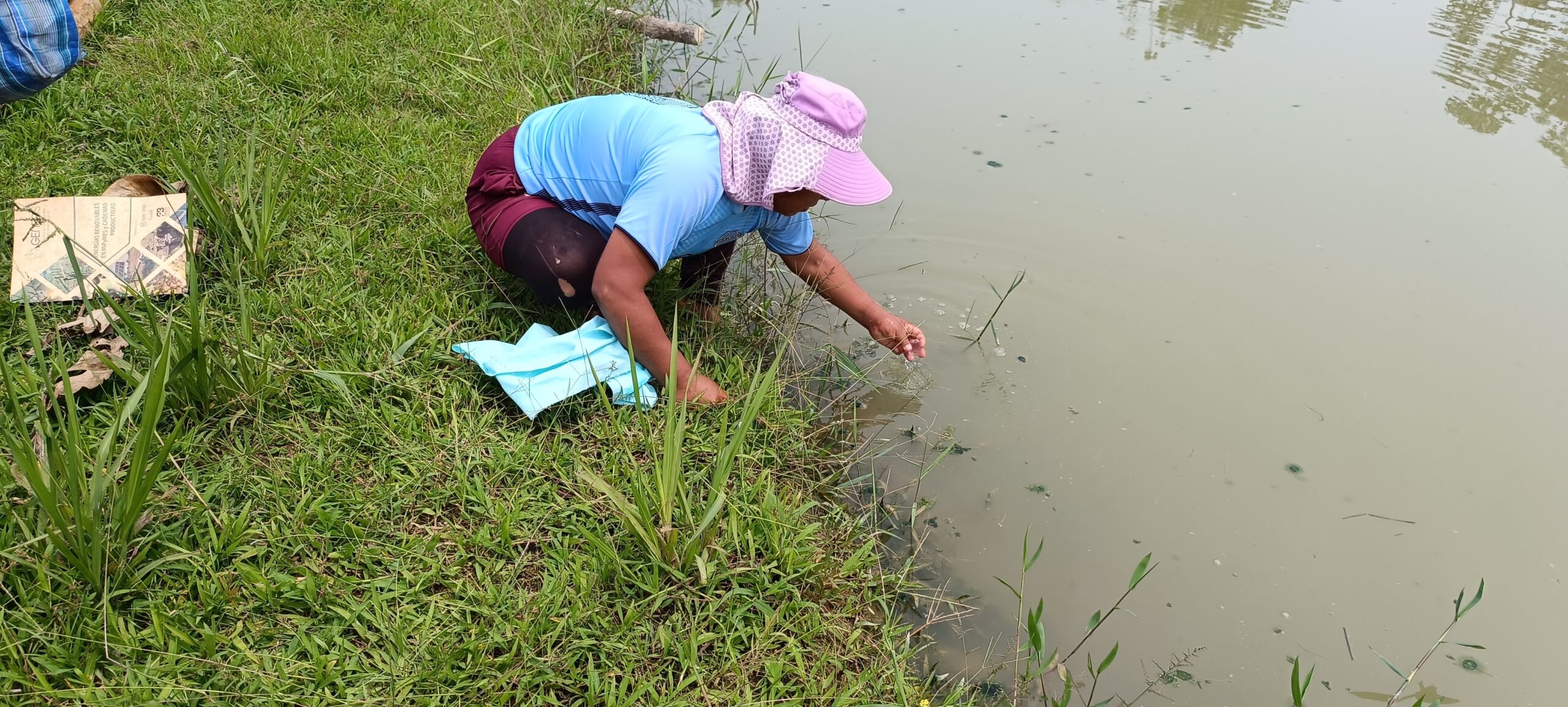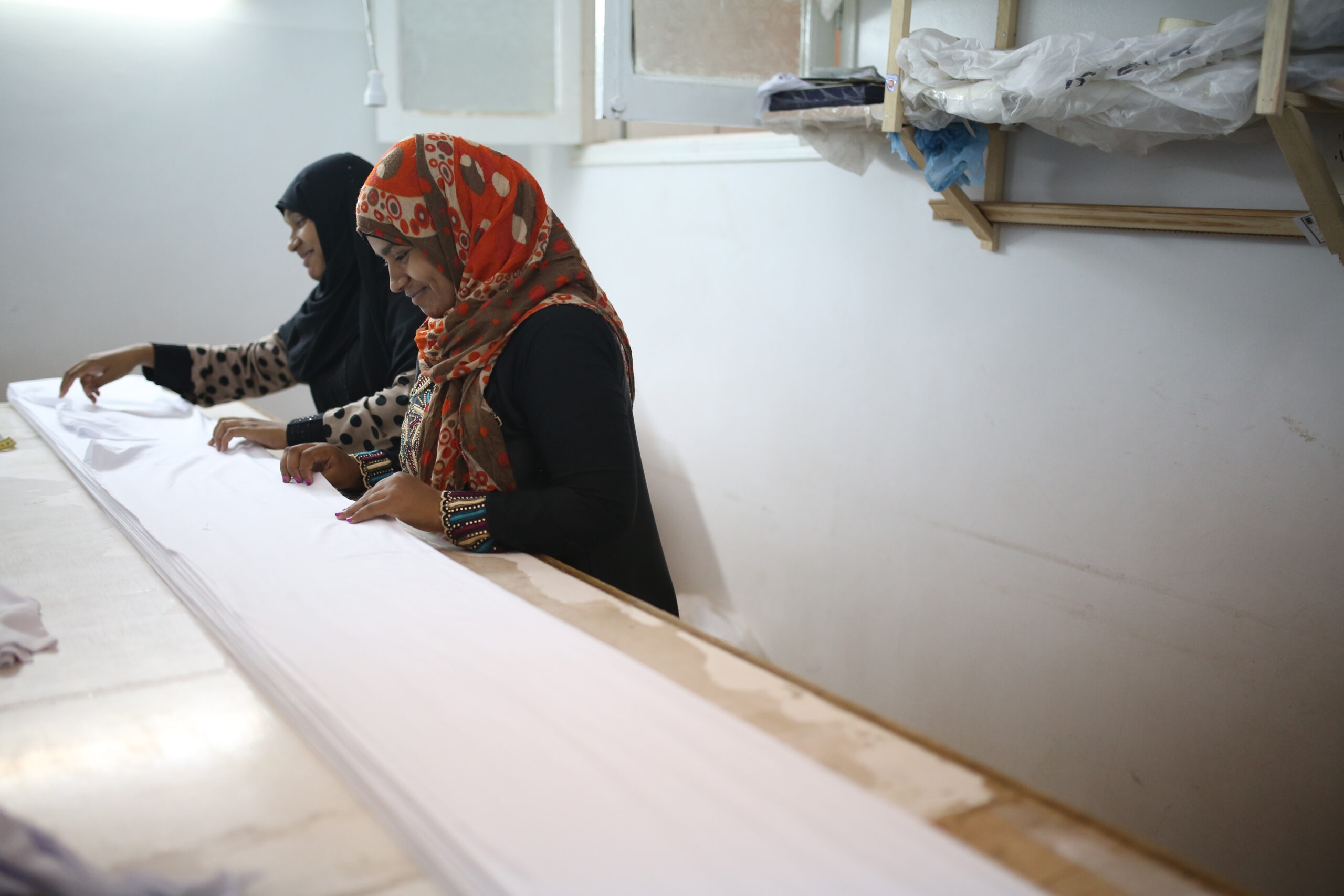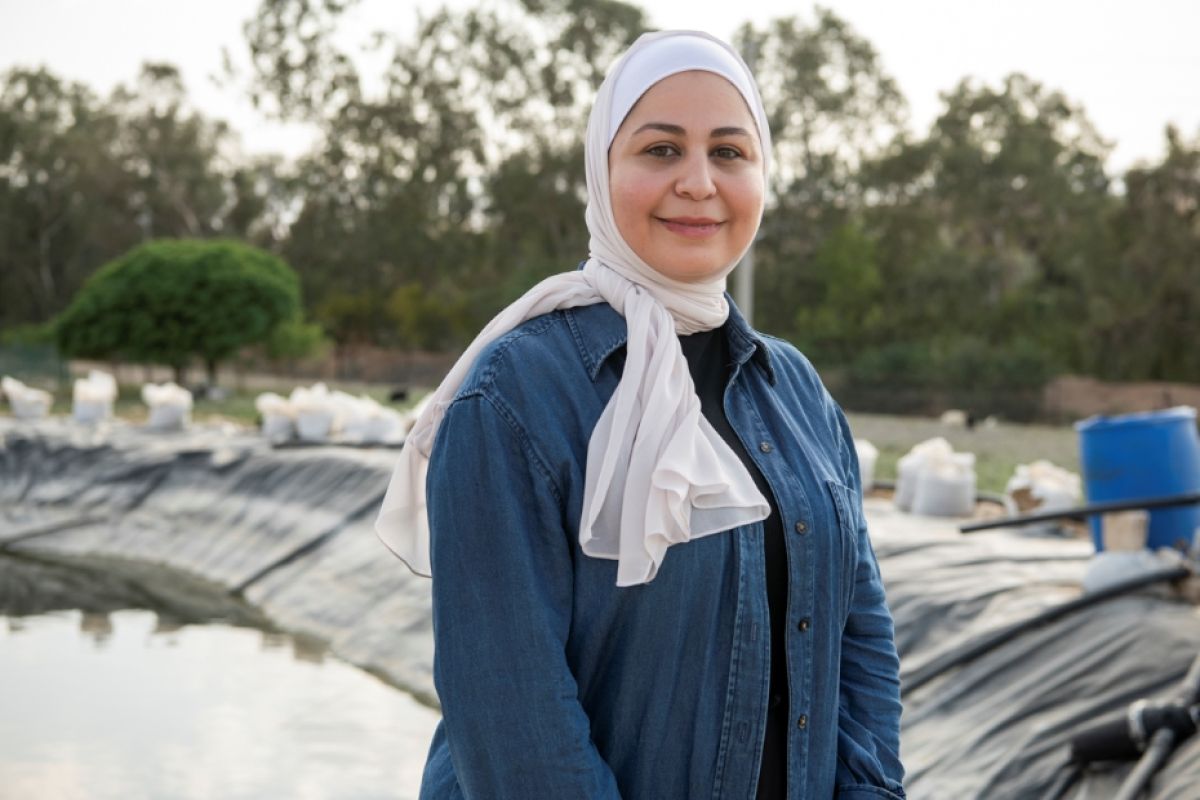
Towards an equitable energy transition: women and fish farming in the tropics of Cochabamba (Bolivia)
1 August 2025
In the heart of the Bolivian tropics, fish farming has become a key activity for diversifying livelihoods in rural communities. In these communities, women play an active role in family-based production, integrating fish farming tasks into their daily routines. Yet their contributions often go unrecognised.
This reality intersects with structural challenges linked to climate change, gender inequality, and limited access to clean technologies. The GENERIS Project seeks to address these gaps through a just energy transition that recognises women’s work, amplifies their voices, and promotes equitable solutions.

Credit: GENERIS Team
The community of Mariposas, located in the municipality of Puerto Villarroel, Cochabamba, illustrates how climate change and forced migration have reshaped rural life in Bolivia. Prolonged droughts in the highland valleys forced many farming families to migrate to tropical areas, where fertile land and greater water availability opened new possibilities. In this context, fish farming emerged as a viable alternative for subsistence.
“There was no life anymore, no rain, you see?… there was no harvest, no corn, no wheat, no peas,” recalls a member of the Primero de Mayo Fish Farming Association.
This group brings together 73 producers, nearly half of them women, who have rebuilt their livelihoods through aquaculture. However, women continue to face multiple barriers to participating on equal terms.
Invisible yet essential
Women in Mariposas play a crucial role in fish farming. From monitoring oxygen and pH levels in the water to feeding the fish and cleaning the ponds, their work is constant. They also organise sales at local fairs and actively participate in the association.
Yet their contributions are often viewed as merely “helping” their husbands or as an extension of domestic work, especially since many ponds are located close to the household. This perception limits their access to technical training and reduces their involvement in decision-making spaces.
“In the morning, I have to send my little ones to school, cook, check on the fish… see if they need salt, lime… that kind of thing. I help my husband because he works more in the chaco [fields],” says one woman. This testimony reflects the double work burden – productive and reproductive – that sustains family economies.

Credit: GENERIS Team
Breaking barriers: access to knowledge and energy
a. Unequal access to technical knowledge
Traditionally, it is men who access technical training in aquaculture, which limits women’s autonomy in an activity they know and carry out daily.
To counter this imbalance, GENERIS, together with the organization Fish for Life, organised a workshop specifically for women fish farmers from the community. The training, delivered in both Spanish and Quechua to ensure the participation of older women, focused not only on technical skills but also on recognising and valuing women’s roles in the production chain.
b. Energy for a green and fair aquaculture
One of the main technical challenges in fish farming is pond oxygenation. Currently, this process relies on gasoline-powered pumps, which entail high economic and environmental costs. Families often face difficulties accessing this fuel and must turn to the informal market.
To address this, the GENERIS project launched a pilot programme in two fish farms in Mariposas, replacing fuel-powered pumps with solar-powered electric oxygenators (based on Distributed Renewable Energy Generation Systems). This solution reduces operating costs and marks a step toward more sustainable production.
However, the energy transition must also tackle the structural inequalities that limit women’s access to key resources. In Bolivia, 80% of women over the age of 20 do not have access to financial services (World Bank, 2023). Only 16% of credit provided to women is directed toward sectors like agriculture, livestock, or related fields (UN Women, 2022).
In Mariposas, these figures are reflected in lived experiences. Women fish farmers describe the difficulties of financing even basic investments: “You have to pay someone to dig, the tractor operator, sometimes for two or three days… where do we get the money? There is none,” says one producer. Another recalls that they had to take out loans to build the ponds: “It’s really hard to do it all at once.”
These stories show that access to clean technologies must be accompanied by policies and conditions that enable women to take ownership of them. It is also essential to provide appropriate technical training. If women and young people are not trained, or if the equipment requires physical strength, there is a risk of reproducing existing exclusions.
That is why GENERIS is working to generate evidence and recommendations for public and private actors to promote more inclusive and sustainable energy policies.
Towards a truly just transition
In Mariposas, as in many rural communities, technological change advances through observation and shared experience. This is how fish farming spread: initially, only a few families dared to build ponds and raise fish, but when others saw the results, they followed suit. This replication effect could also be applied to renewable energy – so long as access is equitable and adapted to the local context.
The adoption of these technologies must ensure that all individuals involved, women and men, young people and adults, have equal opportunities for participation, decision-making, financing, and equipment use. Only then will it be possible to move toward a more just, sustainable, and inclusive future.
blog
Theme
Gender and Agriculture
Lead Partner
Fundacion Bariloche
The Decentralised Renewable and Inclusive Energy Systems in Bolivia project will study the incorporation of decentralised and inclusive renewable energy systems as part of the energy transition in Bolivia.
Read moreAssociated Project
Decentralised Renewable and Inclusive Energy Systems in Bolivia (GENERIS)
Women’s leadership and innovative finance: Driving climate resilience and sustainable development
Thursday 20 November 2025
This panel, hosted as part of COP30, will explore how women’s leadership and inclusive financial innovation serve as powerful levers for climate resilience and sustainable development. The session will highlight concrete examples internationally, focusing on the intersection of gender equity, entrepreneurship, and climate action. Panellists: Adel Ben Youssef, Université Côte d’Azur – featured Clean Energy […]
Unlocking the Potential of Small and Medium Businesses and Entrepreneurs in the Clean Energy Transition
3 December 2025
This report highlights outcomes and recommendations from the T20 Side Event ‘Unlocking the Potential of Small and Medium Businesses and Entrepreneurs in the Clean Energy Transition’, held in Johannesburg on 17 October 2025. It presents seven recommendations for concrete steps to turn the G20’s green energy principles into practice, with South Africa’s presidency positioned as […]
Fostering an inclusive energy transition through micro, small and medium-sized enterprises
7 January 2026
Micro, small and medium-sized enterprises (MSMEs) are the main engine of economic growth in the Middle East and North Africa (MENA). The transition to a green economy represents both an environmental necessity and a significant economic opportunity for the region. However, without an intentional focus on gender, this transformation risks reinforcing existing inequalities, rather than […]



